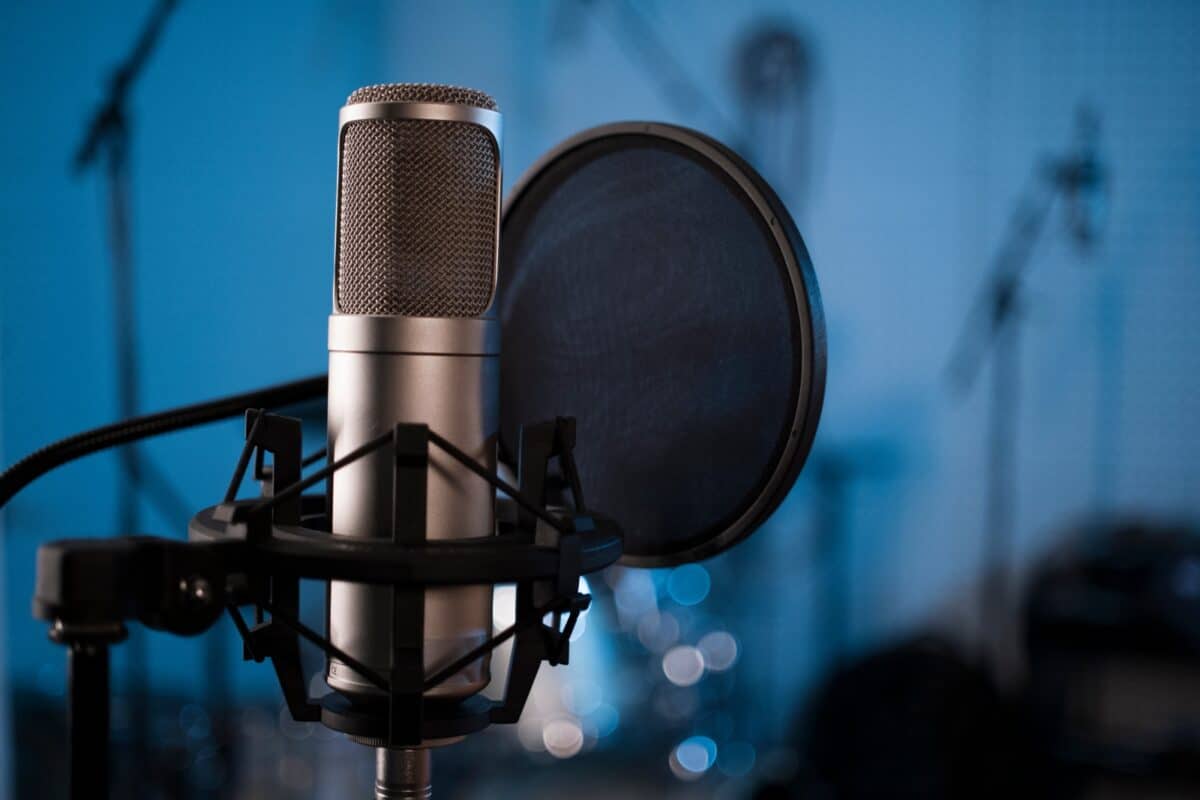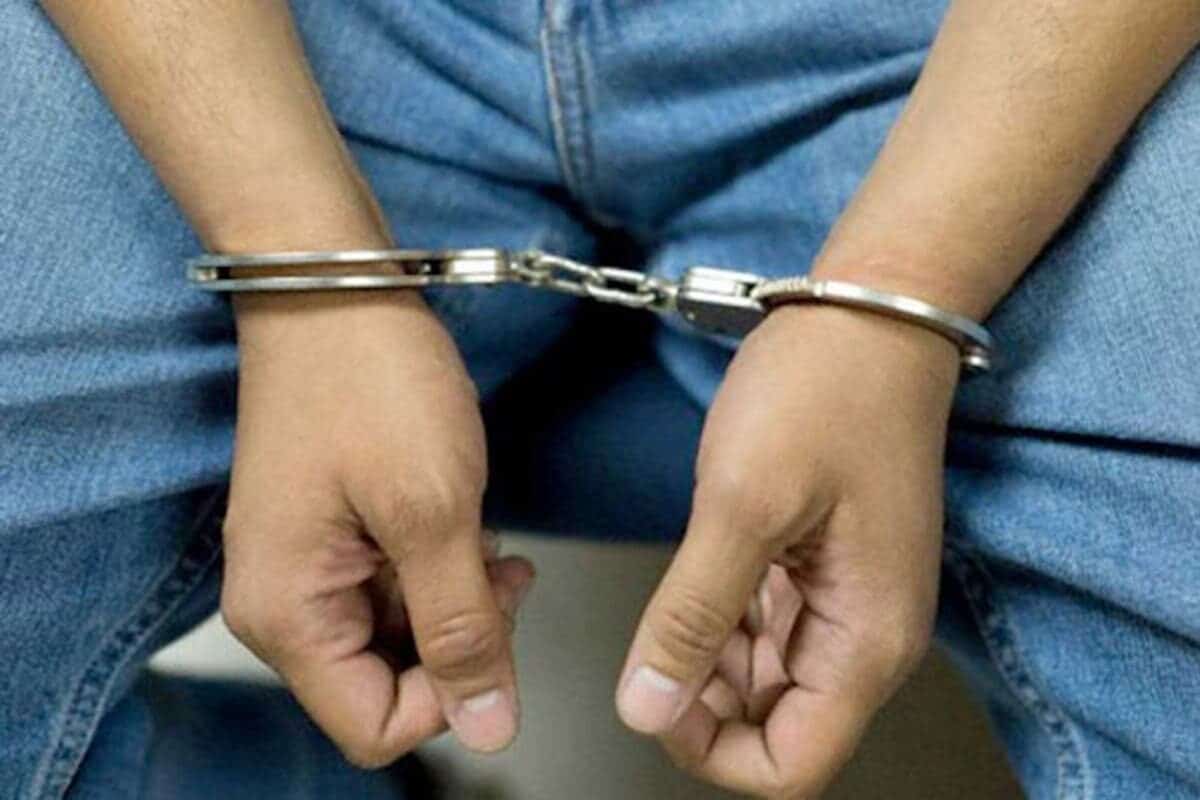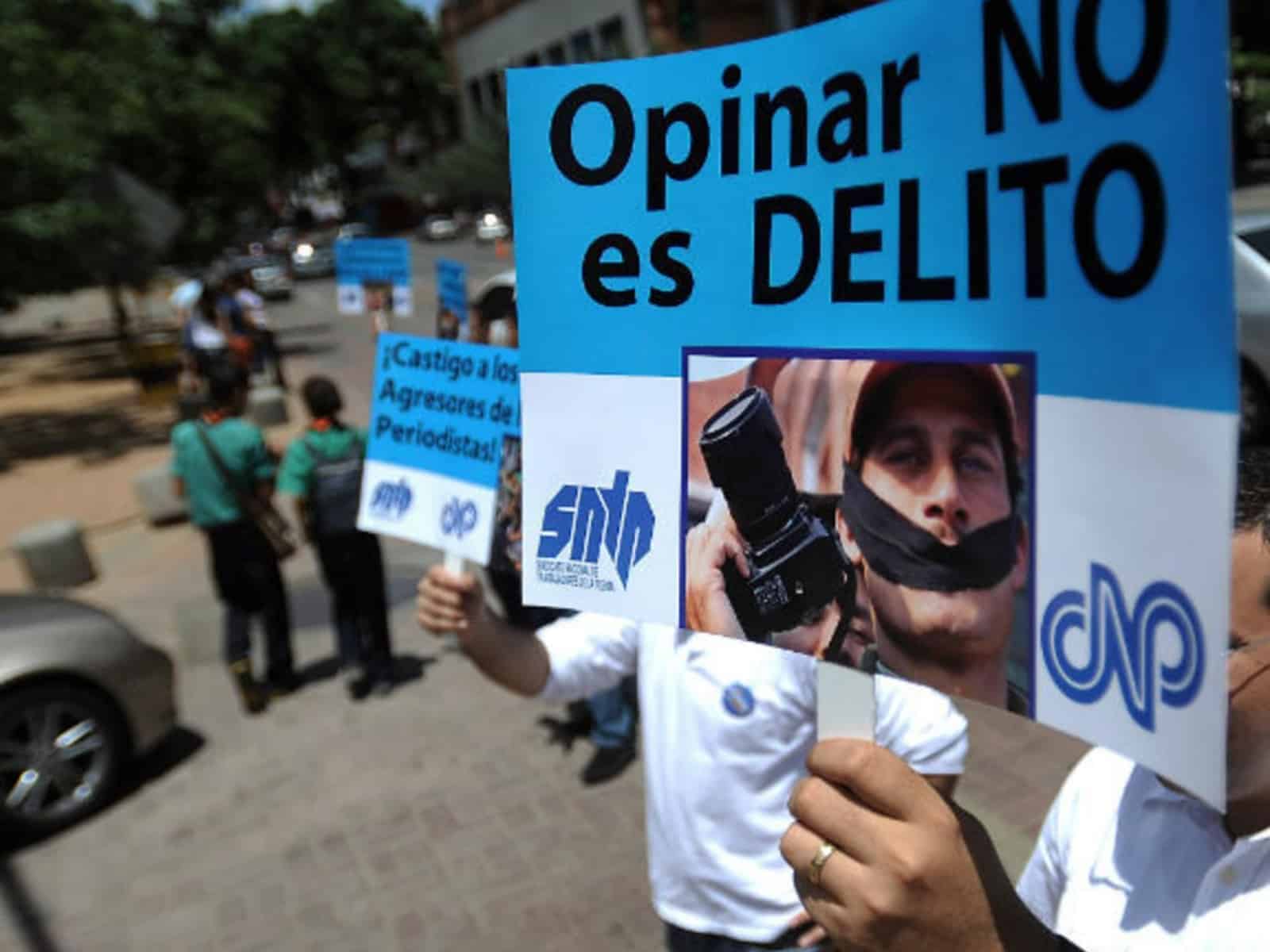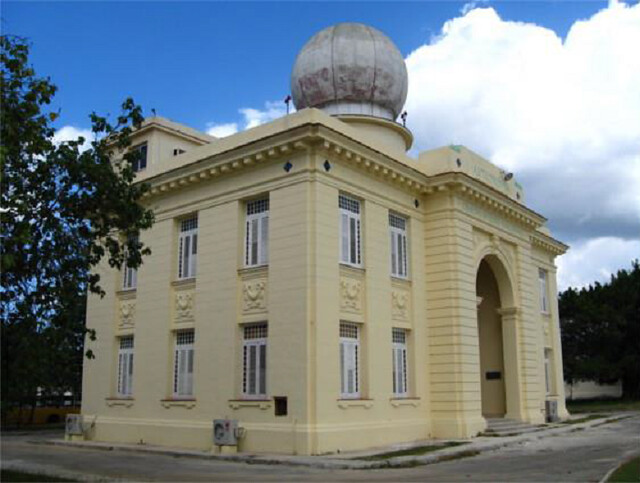- The NGO report highlighted that intimidation was the most common type of violation.
On July 5, the non-governmental organization Espacio Publico reported that 41 violations of freedom of expression were recorded in Venezuela during the month of June, one more than those recorded in May.
Espacio Público highlighted that at least 16 journalists were victims of violations of freedom of expression, in addition to six photographers or technicians and one media outlet.
According to the report, the perpetrators include six public institutions, five security forces and two officials, in addition to two groups sympathetic to the ruling party.
“We also recorded the arrest of two people and two journalists,” the NGO said online. Note posted on your website.
According to the NGO's data, 68 violations of the right to freedom of expression were recorded in the first four months of 2024, which means a 26% increase compared to the same period in 2023, when the number was 54.
The most common type of violations was intimidation (30%), followed by censorship (27%), and judicial harassment (14%).
Espacio Público did not provide details of the events that correspond to the remaining 29% of violations of freedom of expression.
censorship of radio stations
Espacio Público condemned the attack on several radio stations in Venezuela by the National Telecommunications Commission (CONATEL).
On June 8, the radio station La Vernácula 88.3 FM, which had been operating since 2008 in the city of Zaraza, Guarico state, was the victim of censorship because Conatel officials confiscated the audio processor, console, computers, microphones and other equipment.
“The station was entirely cultural and folkloric, dedicated to promoting local music and customs. However, in the cultural program “Entretiples y bortones” by presenter Alexandre Matapan, he referred to some social or political information, the NGO noted.
Another case they documented was the cessation of the broadcast of the Guayana program at 12 o'clock, hosted by journalist Francisca Diaz, from the Electrika 97.7 station in Puerto Ordaz, in the state of Bolivar.
According to Espacio Público, this action was due to “constant pressure from the board of directors” to reduce the political content of the space.
Another case revealed in the report is the censorship recorded on June 7 during a live recording of an episode of the podcast A Medias, hosted by political scientist Ana Milagros Parra and journalist Ricardo del Bufalo.
The space was monitored by authorities at an autonomous university in Maracay, Aragua state, as the drivers appeared before students from that campus as part of a university tour to promote and inform citizens about political rights.
“Almost at the end, an authority asked them to stop registering and asked them to leave the campus,” the NGO explained.

Violations against citizens
Among the cases of violations of freedom of expression in Venezuela documented by Espacio Publico, stands out the case of citizen Sandra Alizo, who was assaulted by three women supporters of the ruling party in a school in San Fernando, Apure State.
The incident occurred after Alizo registered and reported red dots from the United Socialist Party of Venezuela (PSUV) during the electoral simulation held on June 30 for the presidential elections.
Alizou said the women beat her and took her cell phone to delete photos she had previously taken.
“According to the citizen, the attackers are members of the local UBCh, organised groups of supporters of the United Socialist Party, who have previously harassed, intimidated and threatened people in communities that do not support the ruling party,” the NGO report said.
Other cases they highlighted were those of journalists Luis López and Ismael Gabriel González, and political activists Jeancarlos Rivas, Juan Iriarte, and Javier Cisneros, who were “arbitrarily” detained in Caracas and La Guaira between June 14 and 17.
The detainees were charged with incitement to hatred for their links to the campaign activities of opposition leader Maria Corina Machado.

Attacks on journalists
Among other violations recorded by Espacio Público during the month of June were Venezuelan journalists who were trying to do their work in various activities.
On June 24, they documented journalist Jefferson Díaz’s complaint that Venezuelan consular authorities in Quito, Ecuador, were prevented from interviewing Venezuelan migrants during passport delivery day at the Ecuadorian House of Culture.

The obstruction also affected the media work of the local media team Teleamazonas, which was due to interview Díaz immediately. A consulate official told them that they could not be there, nor could they record or conduct interviews.
Another case occurred on June 30, when security officials for opposition presidential candidate Edmundo González Urrutia attacked press workers who were trying to cover his arrival in the city of Puerto Ordaz, Bolivar state.
“Among the people attacked were Jules Severio, from Correo del Carone and Cronica Uno; Carlos Zúñiga, from VPI, with his photographer José Medina; Rosangely Bruce, from Nueva Prensa Guayana; Anderson Pérez and his photographer from Venevision; as well as Gustavo Montaño, Alves Herrera and Leonardo Estanga, also press workers.
However, Edmundo González Urrutia's press office later explained that there were “people who infiltrated to cause chaos” at the site, which is why even part of his team was attacked in the midst of the chaos that ensued.





